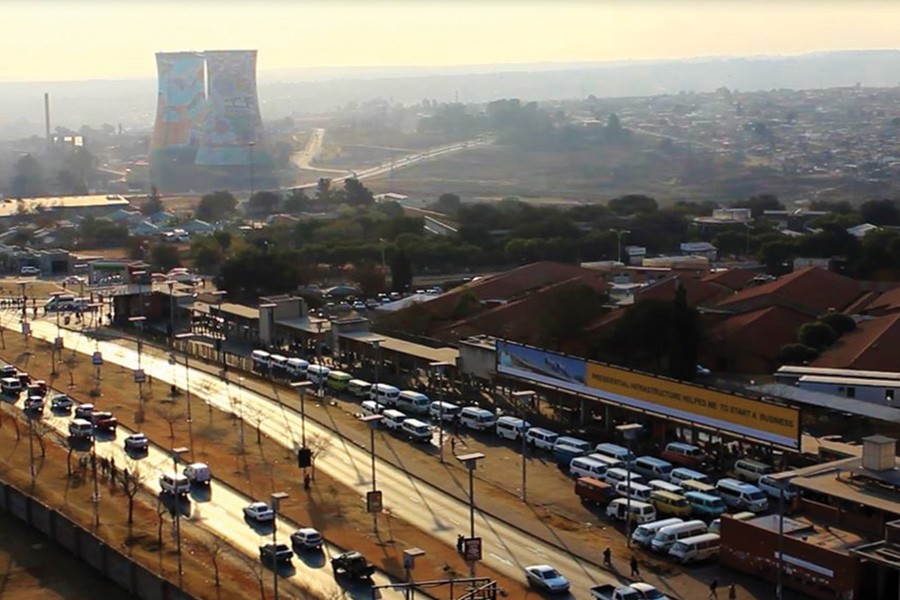Jimena Castellanos Aguirre, Class of 2016, public health studies major and film and media studies minor
"This summer I am working on a prevalence study to find active tuberculosis cases among diabetic patients at the Chris Hani Baragwanath Academic Hospital—called Bara—in Johannesburg. South Africa has one of the highest incidence rates of TB in the world, and new literature shows there is a slightly higher risk for diabetics.
"After screening for participants, we collect notes from their medical history and lifestyle and extract information from their charts. If they show any symptoms of TB, such as fever, persistent cough, night sweats, or drastic weight loss, we collect a sputum sample and send it to the lab to check if they have the disease.
"This study is more interactive with participants and allows for more independent work than the previous studies I have worked on. I'm able to learn a different set of skills that will be applicable to the type of research I want to continue with, and the career in medicine I wish to pursue.
"I came here through the [Johns Hopkins Center for Global Health's] Global Health Established Field Placements program, which allows students to receive exposure in international health research. As a student from an economically disadvantaged background, I am particularly thankful for this program, as the grant allows me to explore and learn so much without having to worry about the financial impact it could have on my family.
"At Bara, I work with the Perinatal HIV Research Unit with a first-year medical student, a first-year master's student, and my on-site adviser. I am currently working on a short interview-style documentary about the people of PHRU. I have been fortunate enough to be supported by many, including those at the hospital and a local film school, which makes the work all the more worthwhile. People here have been at the forefront of some of the most controversial studies in the world, namely in mother-to-child HIV transmission. It's amazing to hear how the field has changed in a short period of time, as the beginning of this research correlated with the fall of apartheid.
"The study has been tricky yet very rewarding. I've never worked on a study from the very beginning, so it will be interesting to see how the work manifests itself and comes to life. As for the documentary, there is so much to see here that I know I have to come back for more. Johannesburg has been a great place to live. The people here are warm and inviting, and open to telling you who they are and what it means to be part of this community. I've only seen a tiny bit of the city, but what I saw has made it a very fulfilling experience."
Posted in University News








